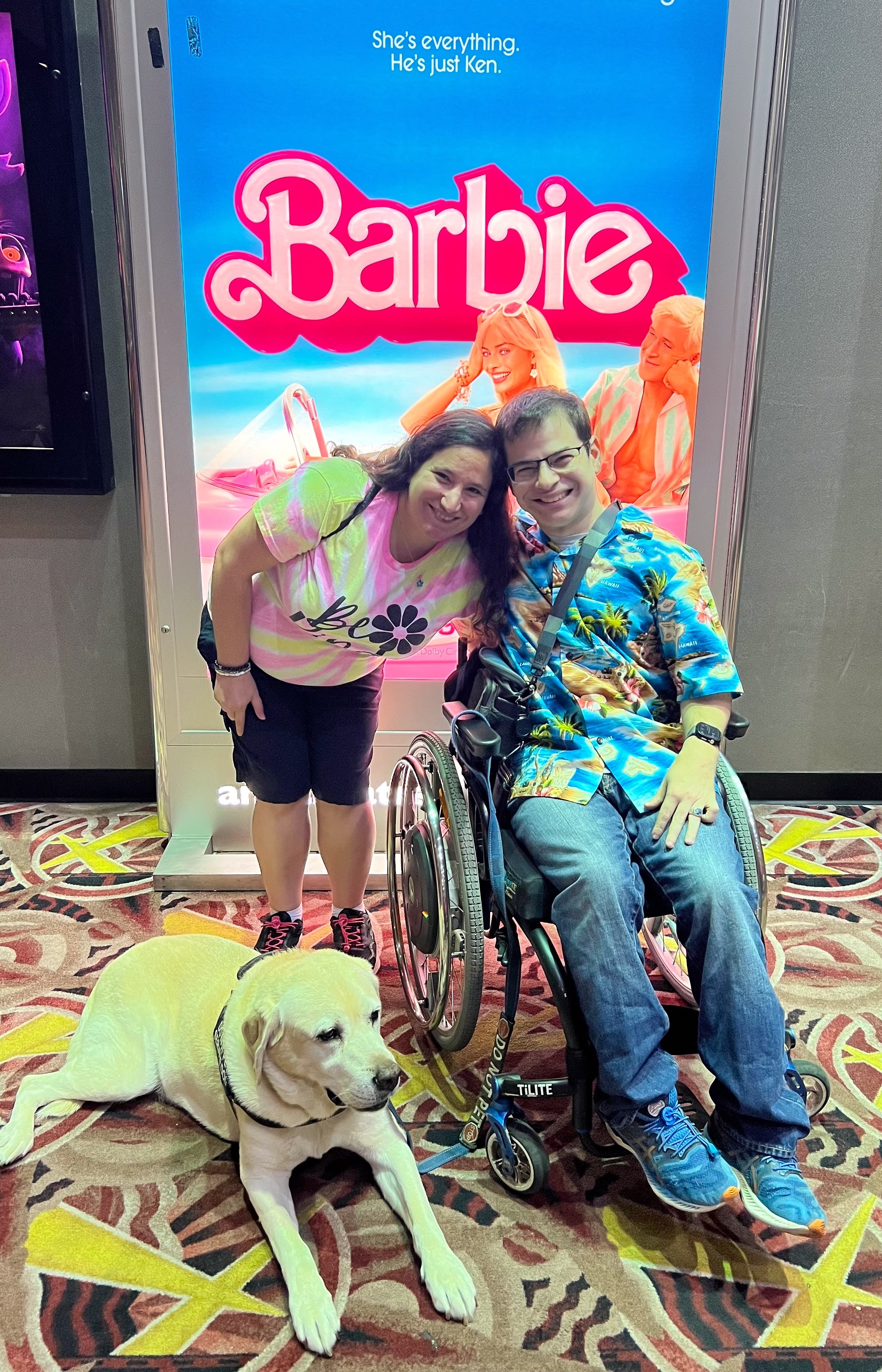Time Magazine Person of the Week Cover with Eddie Ndopu
In our journey through life, I find myself reflecting on the dual narratives that society often imposes on those with disabilities. On one hand, there's the story of overcoming, of achieving not because of our challenges but in spite of them. On the other, there's the reality we live every day: it's not our disabilities that hinder us, but society's ableist attitudes and approaches.
Eddie Ndopu, a United Nations and disability advocate living with spinal muscular atrophy encapsulates this sentiment perfectly. As he rightly points out in a recent interview with TIME, "disability has been the greatest offering and gift of my life." It's a sentiment I resonate with deeply. Our challenges make us adaptable, flexible, and give us a unique lens through which we view the world.
However, the societal narrative often deviates from this perspective. We're told there's a "standard" way of doing things, and any deviation is seen as "special." Requests for reasonable accommodations or basic access rights are often met with resistance, with claims of high costs or the unfairness of providing for one and not for all. This mindset fails to distinguish between equity and equality. While equality ensures everyone gets the same resources, equity ensures everyone gets the resources they need to succeed. And for those facing challenges, this often means working twice as hard for half the recognition.
The truth is, as Eddie Ndopu highlights, "the more barriers that I have been able to break down, the more barriers have awaited me on the other side." This resonates deeply with me. Despite our accomplishments, we're still faced with systemic inequalities and prejudices. We're often seen as "less than" or "incapable" due to our challenges. But as Eddie and countless others have shown, our challenges can be our greatest strengths.
In many ways, living with disabilities is like playing a never-ending game of whack-a-mole. As soon as one challenge is overcome, another pops up. But it's essential to keep the conversation going. The more we talk about our experiences, advocate for our rights, and normalize these discussions in all spheres of life, the closer we get to a world where challenges, accommodations, and access are seen as standard, not special.
As we continue to advocate, let's remember that our challenges don't define us – they refine us. They make us stronger, more resilient, and more empathetic. And as we push for a more inclusive world, let's celebrate not just our achievements but the unique perspectives and strengths that come with our experiences.
Eddie Ndopu on How Disability Helped Him Rethink Excellence


